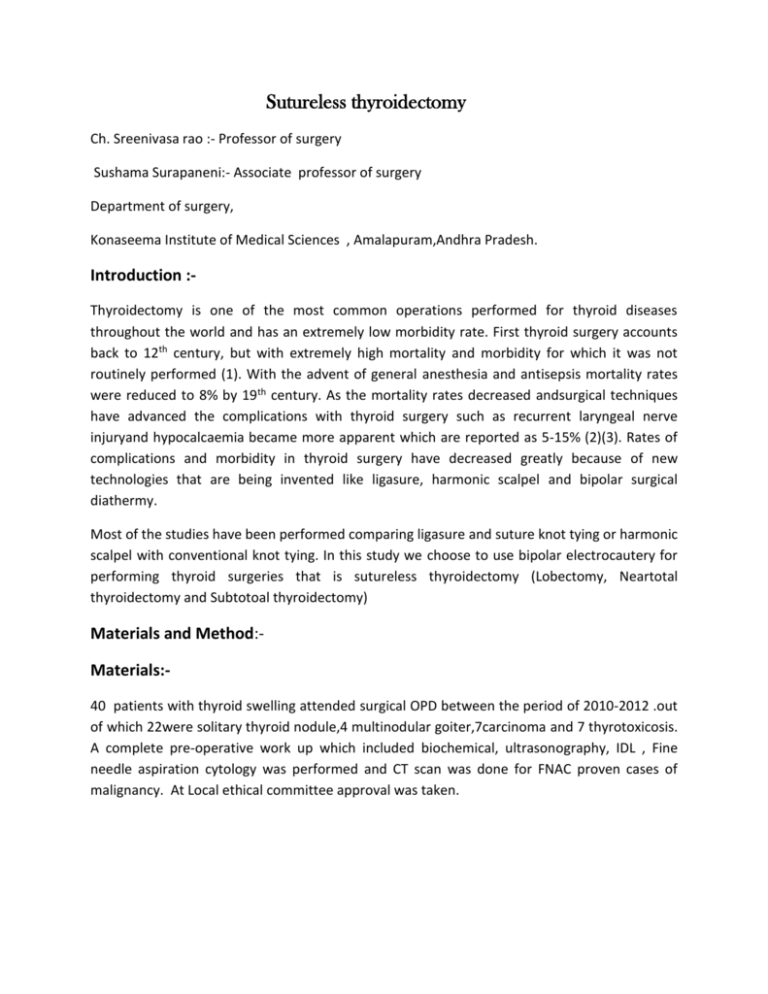

After all, the leader line you are using is intended to be strong enough to withstand impacts and tension, so it is only as good as the main line it is attached to. If you are using a leader line, you will need to tie your main line securely to your filler line so that it doesn’t detach as soon as you hook a fish. This requires knowing the best knot to tie so that the two lines stay connected and don’t come apart or unravel. If you are using a filler line on your reel, you will need to tie the two lines together. Knots are Used for More than Just Tying a Hook It’s only logical to assume that monofilament and fluorocarbon line ties differently than a braided line, and that would be a true assumption to make. This causes the line to be thicker both visibly and in diameter. The difference between monofilament and fluorocarbon is the visibility.įluorocarbon is very see-through and can’t be easily seen in the water, whereas monofilament line is a little denser and not as transparent.īraided fishing line has more than one strand of material that makes up the fishing line. Monofilament and fluorocarbon fishing line is a single strand of material that makes up the fishing line. Different Knots for Different Types of Lineįishing line is classified into one of two categories: monofilament/fluorocarbon or braided. The type of knot you tie on the fishing line can significantly improve your success on the water. This causes it to unravel easily if it is tied in just a basic simple knot. Because fishing line is made of nylon, it doesn’t tie the way normal cloth thread ties. Tying a fishing line is a little more intricate than just tying a knot on a string. If you’ve ever tied a hook onto your fishing line and noticed that it came undone quickly or broke easily, you’re not alone. We may earn comission from links on this page, but we have confidence in all recommended products.
#Parathyroid surgery knot tying type how to#

There are a total of three degrees of tightness. How to close a needle holder:, squeeze your thumb and ring finger until a loud click is heard (first degree of tightness).Extend the index finger and rest it on the hinge of the instrument. The middle and little finger should rest on the outside of the ring that your ring finger is in. How to hold a needle holder: Using the right hand, grasp the needle holder using the thumb and ring finger in the rings.


 0 kommentar(er)
0 kommentar(er)
